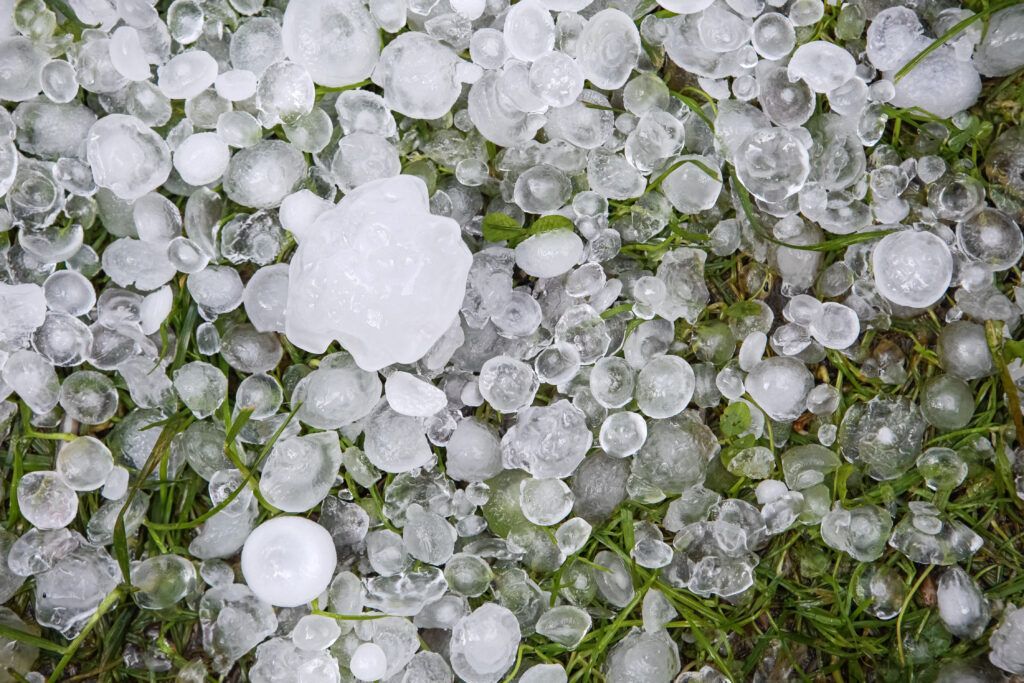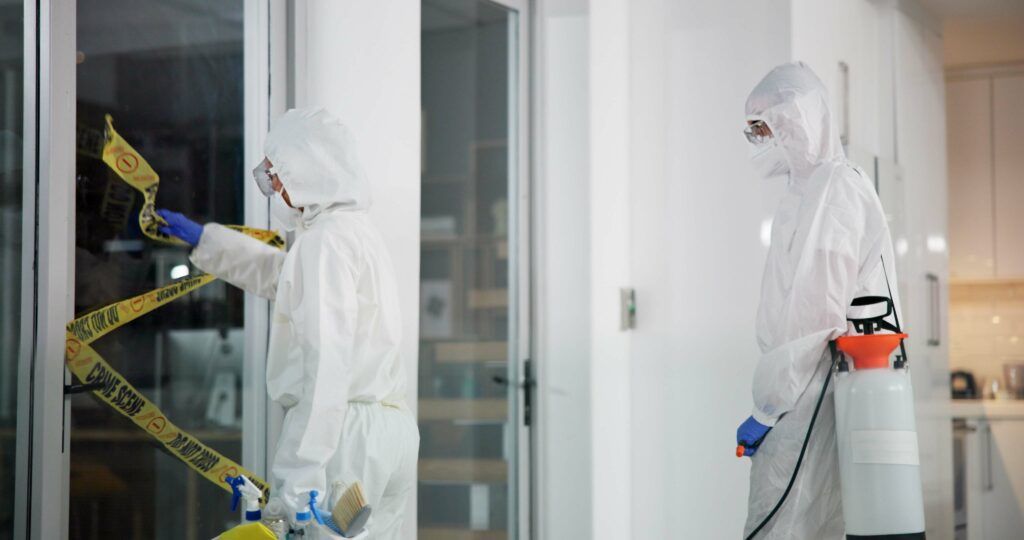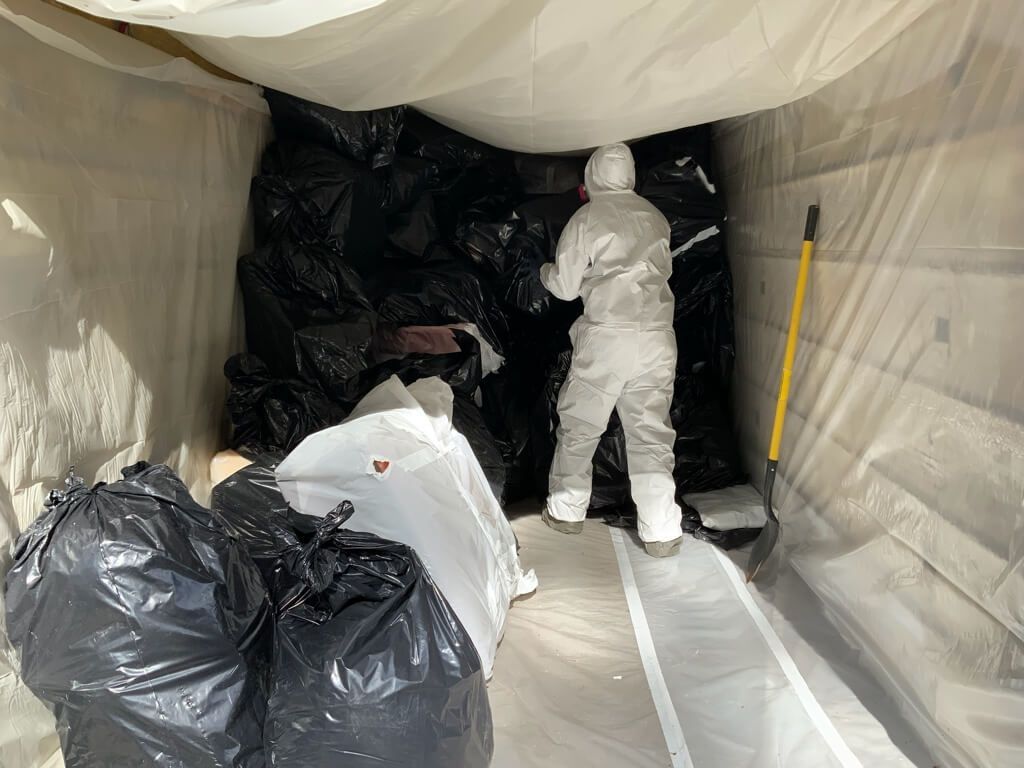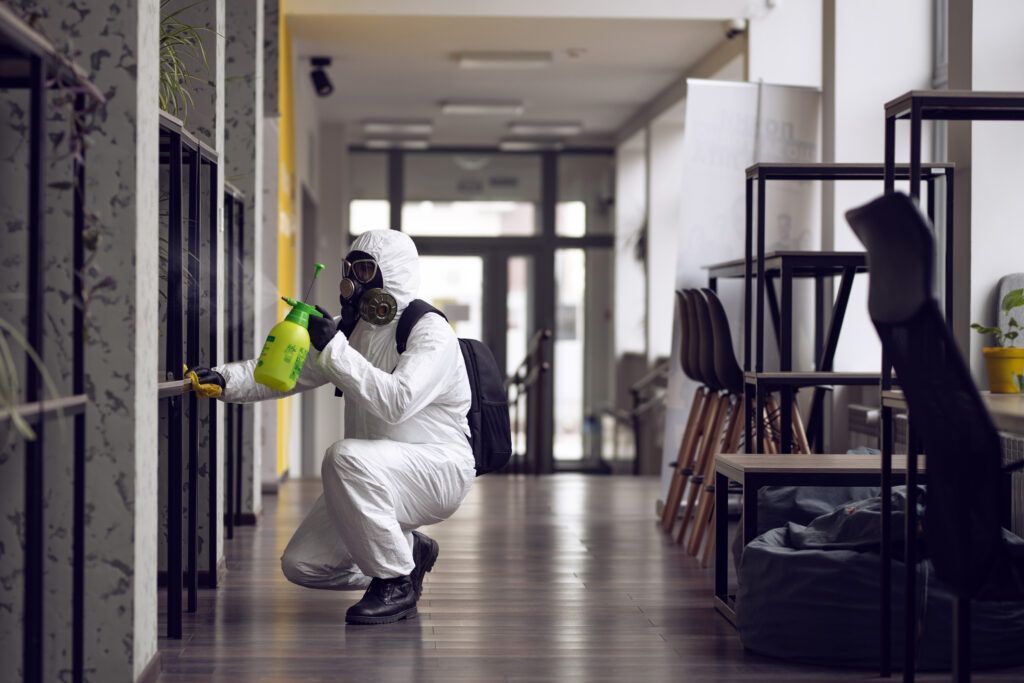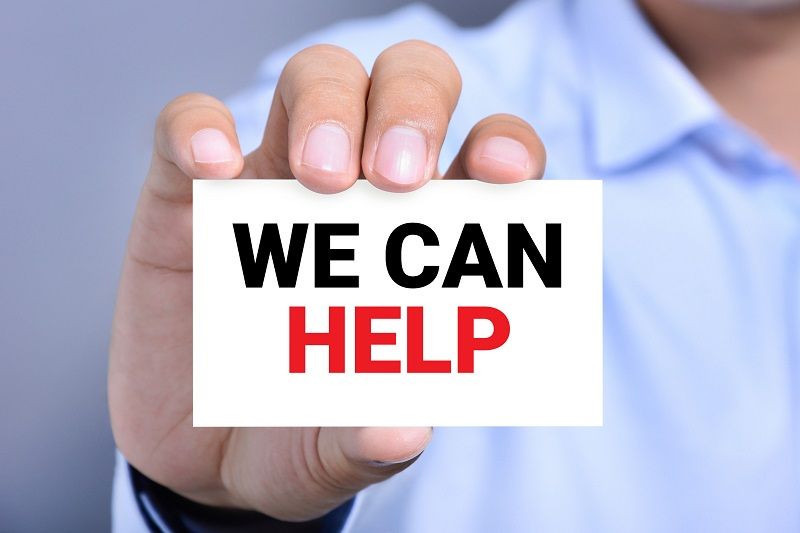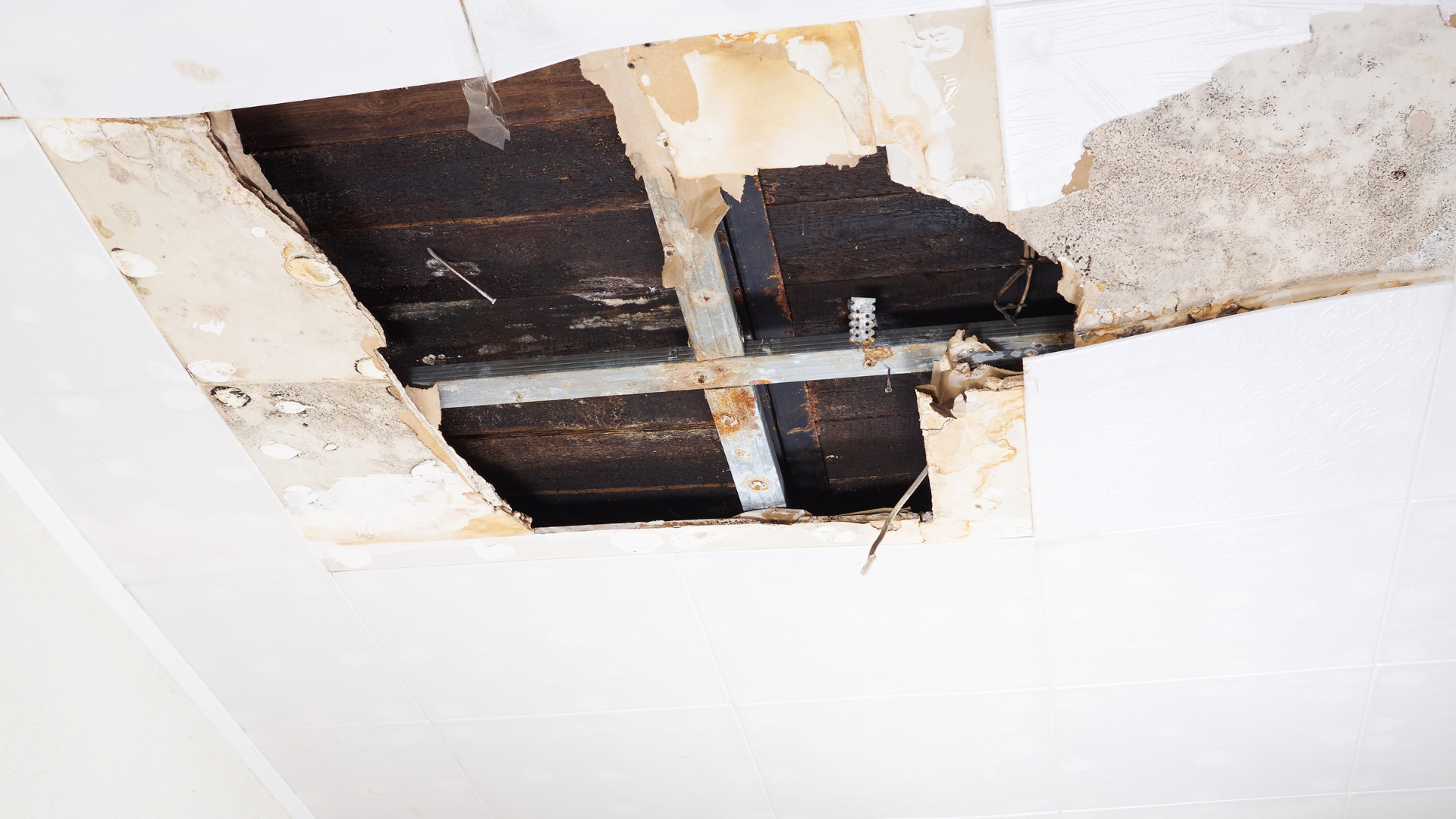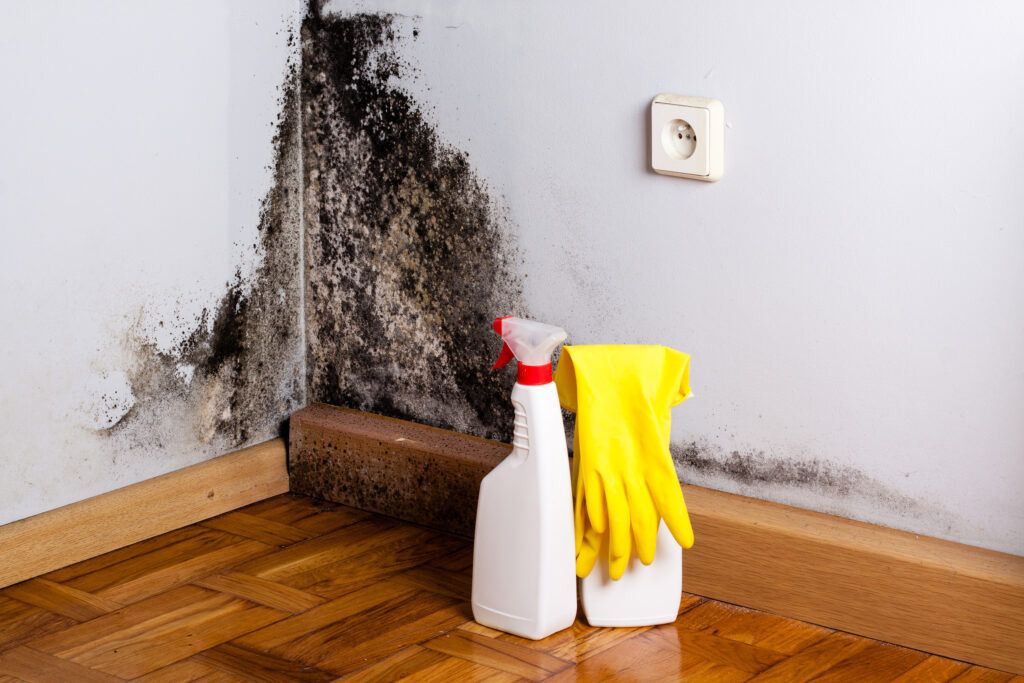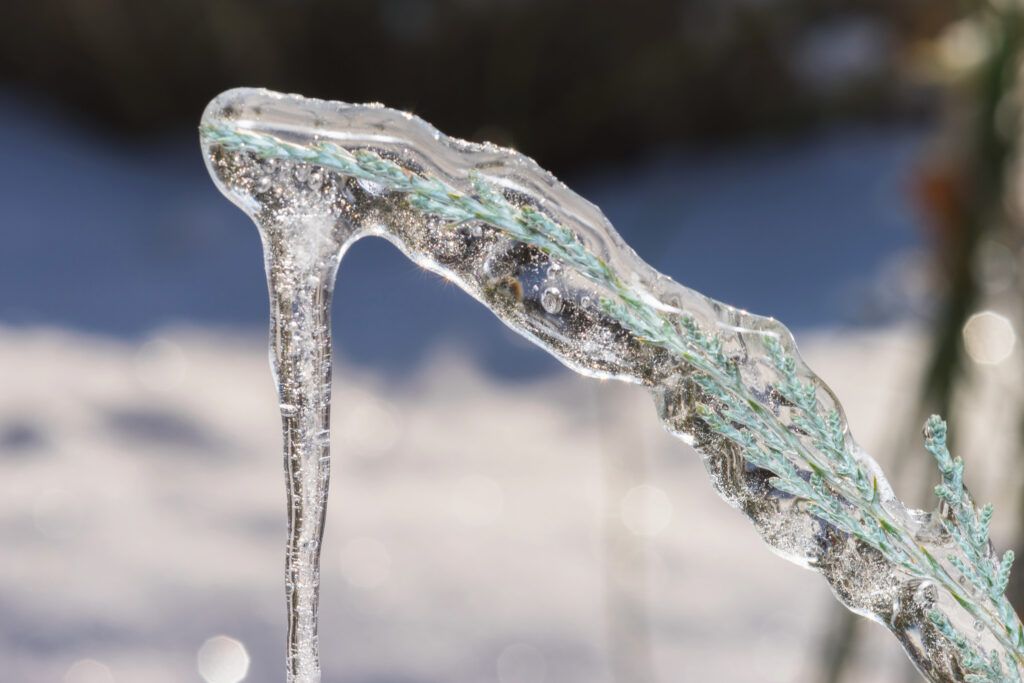The Main Steps to Take for Mold Removal in Denver
A house fire that has been put out using strong jets of water or roof damage that allowed water from rain or snow to penetrate the building, an insulation problem that affects the amount of humidity in the air inside the house and many other causes can lead to the development of mold in a house. When that happens, the resulting patches are not only unsightly and bad smelling, they are also harmful for the health of both the humans and the pets living in the house, therefore the mold needs to be removed right away.
Here are how the specialists in mold remediation in Denver tackle the problem:
- Treatment with an antimicrobial agent – the first step of any mold removal process is the application of a special substance that kills the bacteria and the fungus that cause mold. The substance is applied on the walls and the floors in the house after all the items from the affected rooms have been removed and taken outside. The pieces of furniture and the belongings stored in them are also cleaned before they are moved back into the home.
- The identification of the source – the humidity and the mold spores need to enter the interior spaces somewhere. Specialists in mold remediation offers will identify those entry points and will seal them or make recommendations about how to get them sealed.
- Clean up – in many cases, the only truly efficient way to get rid of mold is by removing all the surfaces that have been affected, including drywall and floor covering materials.
- Air cleaning – mold remover specialists also use special filters that clean the air inside the home, removing the bacteria and the fungus that causes mold to appear, thus helping prevent the reappearance of the problem.
Following these steps is critical, but professional Mold Remediation in Denver, CO ensures safe and complete removal.
If you suspect mold growth in your home, don't wait. Call the certified mold removal experts at HRS Restoration Services for professional evaluation and cleanup. Our Denver mold remediation team is available 24/7 at 303-241-7849 to eliminate mold spores at the source and protect your family's health.
